Coral disease advancing towards 7MB
(CNS): Despite efforts to contain the spread of Stony Coral Tissue Loss Disease (SCTLD), which is a worrying new hazard for coral first detected here last June, it is heading towards the Seven Mile Beach marine park, according to the Department of Environment. SCTLD has been advancing west over the last few months across Grand Cayman’s northern coral reef track between the public moorings known as ‘Delia’s Delight’ and ‘Conch Point Reef’. Last week the disease was found to have breached the DoE management ‘coral firebreak’.
The DoE is organising another meeting with local watersports and dive operators this coming Friday to discuss the advancing threat and what the community can do to help mitigate the spread of this serious disease.
The rapid progression of SCTLD over an 8 mile stretch during the last seven months or so is due to many factors, and scientists are still learning about this latest coral plague. The prevailing westerly water currents are believed to be playing a part by carrying the water-borne disease, but the fish and other creatures that feed on the reefs are also transferring the disease to healthy corals. Other factors include the direct contact of corals on the reef with each other and possibly humans diving and snorkelling in an infected area, then moving to another location.
In October the DoE held its first emergency meeting with the diving community to explain the challenge with this particular disease and rolled out a preliminary action plan, banning diving on certain sites and introducing protocol for decontaminating watersports equipment in general. Then in January the department issued an advisory highlighting another two mile westward spread towards the ‘coral firebreak’ that the DoE had put in place immediately west of the Ghost Mountain dive site.
“At that time, SCTLD had not passed this boundary,” the DoE said, but it had progressed and infected the shallower reefs inside the North Sound, such as the Rum Point, Stingray City, and Vidal (Barcus) Cay areas. Although the DoE’s management interventions, including the coral firebreak, have slowed down the spread, last week the disease reached the break.
SCTLD first emerged on Florida’s coral reefs in 2014 and has since spread throughout most of the Caribbean region. It was discovered here in June near Rum Point and the DoE has been monitoring and trying to mitigate its effects ever since.
So far, it has not reached Cayman Brac or Little Cayman but it is spreading west across Grand Cayman’s northern coral reef track and is progressing towards the Seven Mile Beach Marine Park, the DoE said.
A SCTLD advisory by the DoE and details on how to decontaminate your gear can be found here.
Local watersports and dive operators wanting to attend the meeting are invited to email Tammi.Warrender@gov.ky with their name and the company they represent to register your space by 5 pm on Thursday, 25 February.
The meeting will be held on Friday, 26 February, from 1-3pm at the Government Administration Building, Room 1038.
Watch the October meeting about the disease below:
Category: Marine Environment, Science & Nature















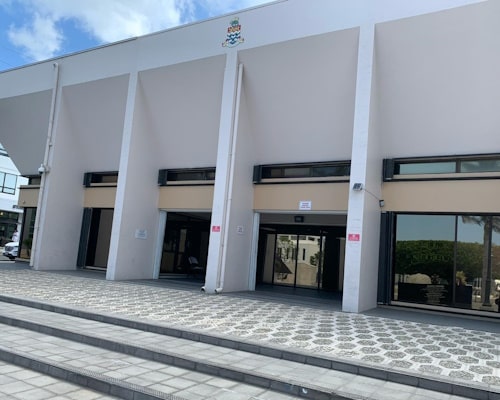



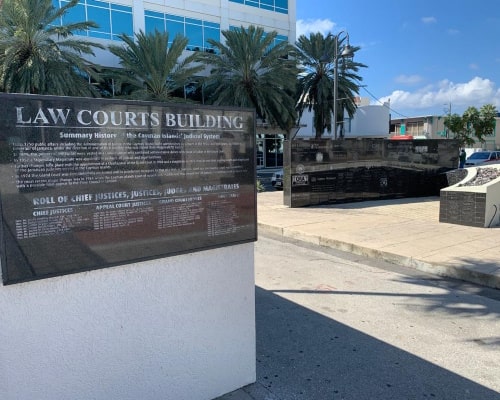
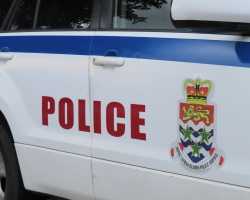



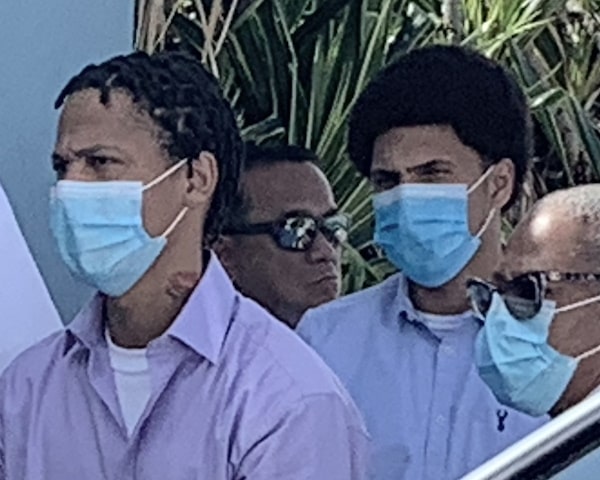



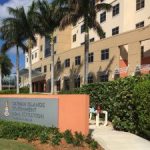
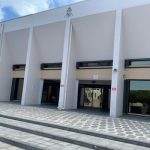


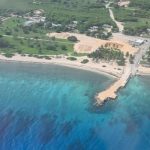
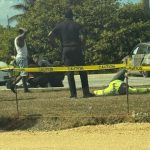



Things die naturally, in nature. As George Carlin once said- “we didn’t kill them all!”
I told you it would only be a matter of time before development poison our environment.
I got excited for a moment there – I thought the red line in the map outline was going to be a new proposed causeway over North Sound.
How much money can government please extend to DOE to help them find a solution to saving one of the most import assets this small, flat island has left? We need urgent research before it is too late. That requires man power. Is that now limited to a small staff as and volunteers? What more should CIG be doing for them?
Should’t boating safety be a primary concern of yours?
Cutting edge I’ve heard.
The solution is out there, but you have to get help from outside your island, that is about 3 years behind in their discovery work
Once a wise man once told me if you loose the coral Cayman becomes extremely vulnerable to hurricane waves and winds.
No wait that was me just a few years ago.
This is the biggest issue effecting Cayman.
Cayman isn’t just this rock in the ocean it’s a complex system need to be in balance.
We been destroying(out of ignorance) the coral on island, for over a hundred years if not more since the old fishing days. Now we soon pay the price for our actions.
Now DOE needs to step up and we need to get proper programs in place to protect our environment or in another 100 years our children will not have a Cayman.
The entire coral of Cayman can/will be destroyed in a decade at this rate.
Same wise man said mangroves would protect us from hurricanes, yeah right, tell it to Ivan.
Fear not, Jon Jon and the Capt. got this under control!
The firebreak was a joke. This coral disease arrived in the currents. There’s nothing we can do to stop it now, nature will run it’s course. Hopefully we have a few pockets of healthy reef left when it’s done to repopulate the dead areas.